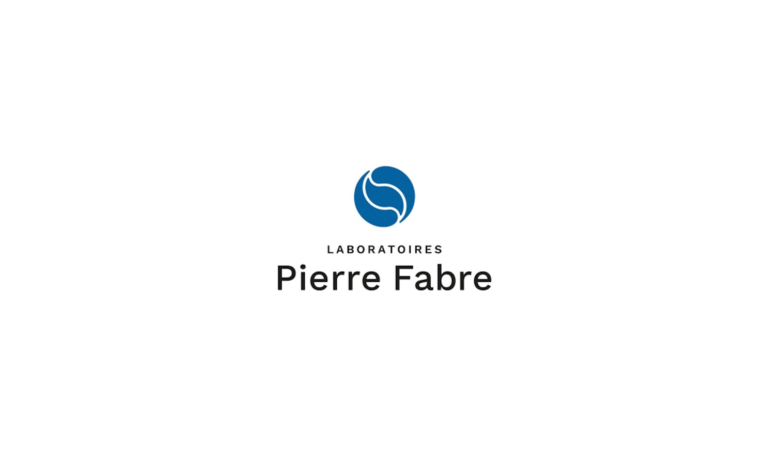Abbott today announced late-breaking data from the LIFE-BTK clinical trial evaluating the Esprit™ BTK Everolimus Eluting Resorbable Scaffold System (Esprit BTK) in people with chronic limb-threatening ischemia (CLTI).
CLTI is a severe stage of peripheral artery disease (PAD) due to advanced arterial blockage in the lower extremities. The LIFE-BTK trial met both of its primary safety and effectiveness endpoints, demonstrating that Esprit BTK reduces disease progression and helps improve medical outcomes compared to the current standard of care, balloon angioplasty.
Data from LIFE-BTK was presented as a late-breaking clinical trial at the 35th Transcatheter Cardiovascular Therapeutics (TCT) Conference in San Francisco and simultaneously published in the New England Journal of Medicine.
“Millions of people suffer from PAD. Yet, in the United States, there are currently no approved drug-eluting stents, drug-coated balloons or bare-metal stents available for use below-the-knee,” said Brian G. DeRubertis, MD, FACS, NEW YORK PRESBYTERIAN HOSPITAL WEILL CORNELL MEDICAL CENTER, and one of the principal investigators in the trial. “This underscores a pressing and substantial need for improved treatment options for people with CLTI and PAD. Results from the LIFE-BTK trial highlight the efficacy of Esprit BTK and its potential to deliver significant benefits in terms of opening blocked arteries below-the-knee and providing sustained treatment over time.”
Abbott’s Esprit BTK is a drug-eluting resorbable scaffold comprised of materials similar to dissolving sutures. Unlike metal stents, Esprit BTK is not a permanent implant, as blocked vessels only need support for a few months after the blockage is cleared. At that point, the vessel can stay open on its own, which is why Esprit BTK is designed to serve a temporary, yet crucial role.
“The LIFE-BTK trial data underscores the profound impact that Esprit BTK could have for millions with PAD,” said Jennifer Jones-McMeans Ph.D, divisional VP of global clinical affairs at Abbott’s vascular business. “With angioplasty, multiple interventions are all too common. The results from this trial demonstrate a compelling and meaningful development in clinical outcomes, ultimately helping people have less adverse events and reinterventions, enhancing their quality of life.”



